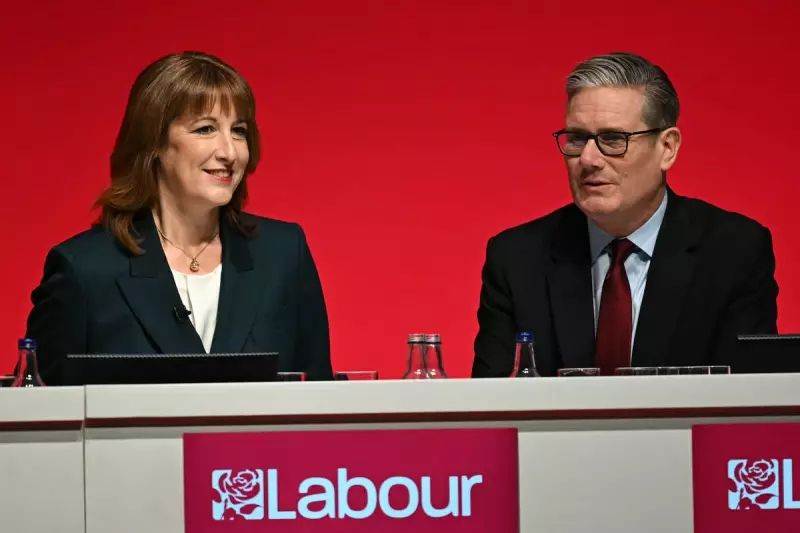
In a decisive move that's set to define Labour's economic approach, Chancellor Rachel Reeves has firmly closed the door on implementing a wealth tax, despite mounting pressure from within her own party and economic think tanks.
The Chancellor's Stance
Reeves made her position crystal clear during her first major fiscal announcement, stating that stimulating economic growth through business investment and stability would take precedence over wealth redistribution measures. This represents a significant departure from traditional Labour economic policies and signals a more centrist approach to fiscal management.
Growing Internal Pressure
The decision comes as something of a surprise to many Labour backbenchers and left-wing groups who had been pushing aggressively for wealth taxation. Numerous economic organisations and progressive think tanks had presented compelling arguments for such measures, suggesting they could generate substantial revenue while addressing inequality.
Alternative Revenue Strategies
Rather than targeting personal wealth, the Chancellor indicated her focus would be on:
- Closing tax loopholes for large corporations
- Increasing investment in HMRC to improve tax collection
- Introducing targeted windfall taxes on exceptional corporate profits
- Maintaining current income tax thresholds
Economic Philosophy
This decision reveals much about the economic philosophy driving the new government. Reeves emphasised that creating the right conditions for business investment and economic expansion would ultimately benefit all citizens through job creation and increased tax revenues, rather than through direct wealth redistribution.
The Chancellor's approach suggests a belief that economic growth, rather than redistribution, represents the most sustainable path to addressing the nation's fiscal challenges and public service funding requirements.
Political Implications
This stance positions Labour firmly in the centre ground of economic policy, potentially appealing to moderate voters but risking disappointment among the party's traditional base. The decision will likely shape political debates around taxation and economic management for the foreseeable future.
As the government prepares its first full budget, all eyes will be on what alternative measures Reeves proposes to address the UK's significant fiscal challenges without resorting to wealth taxation.





